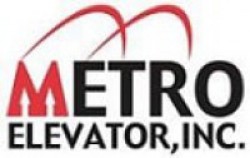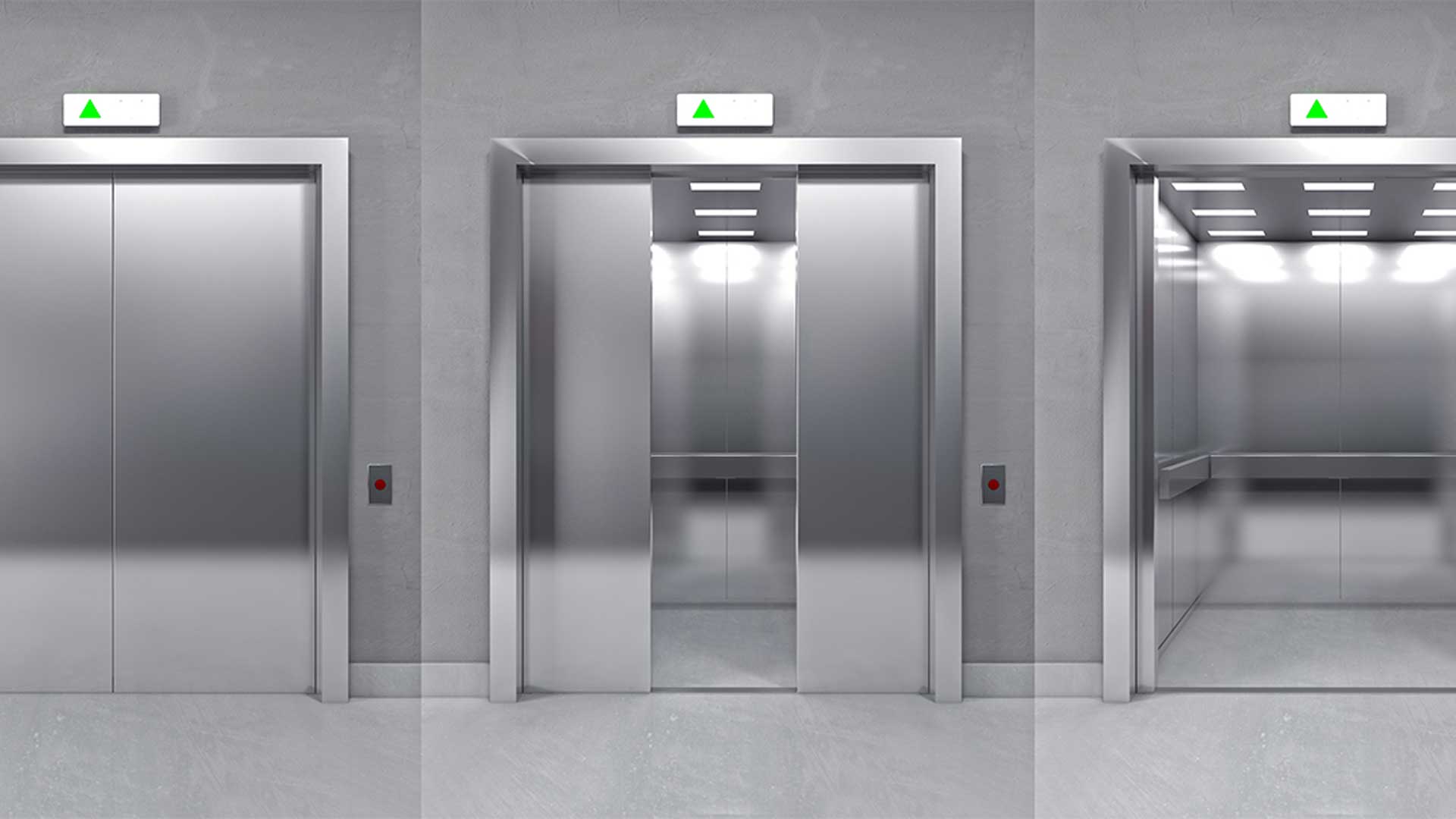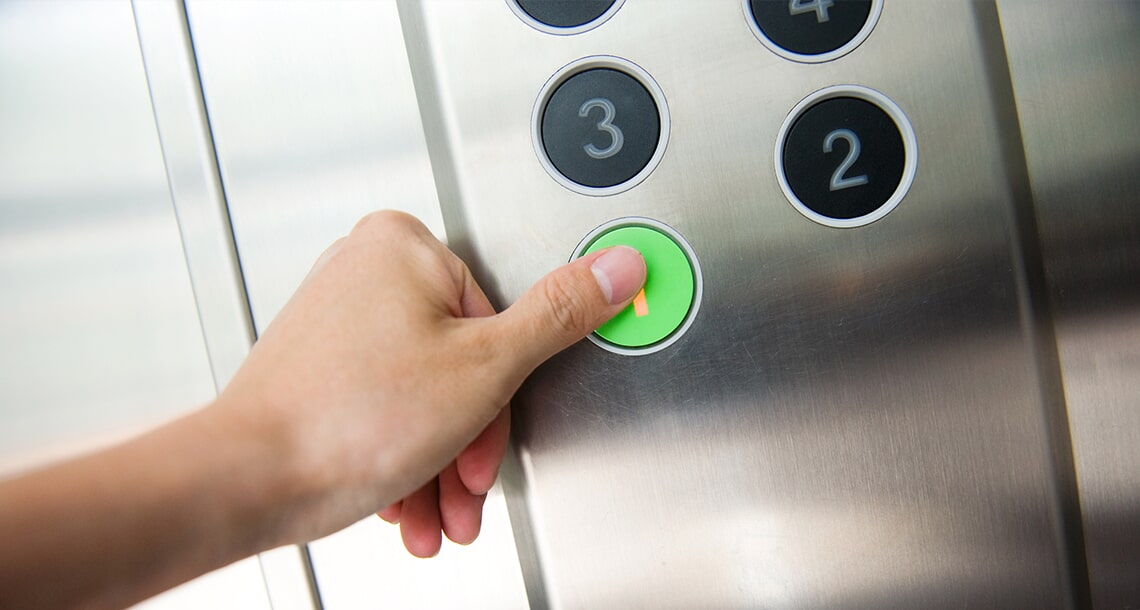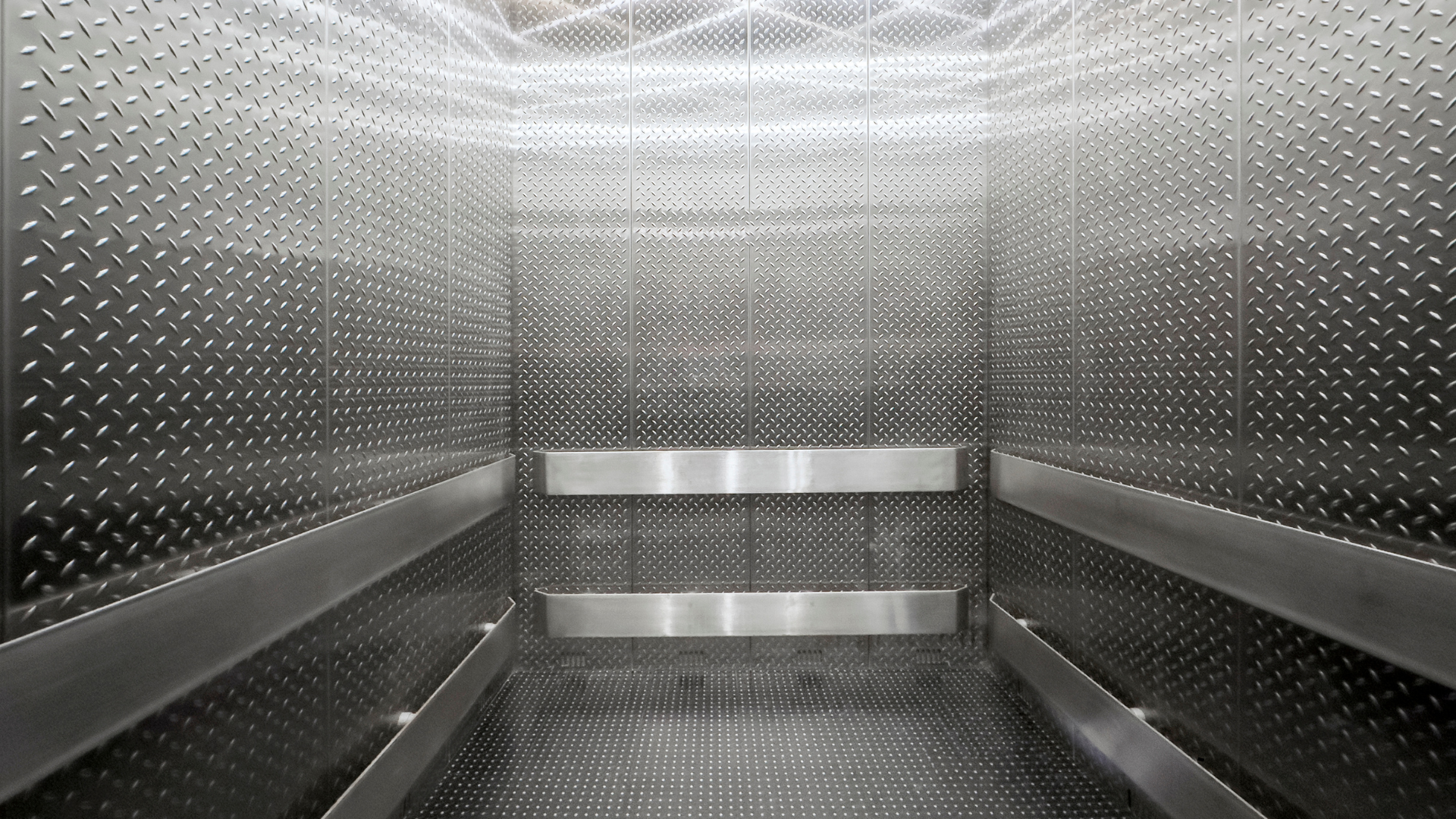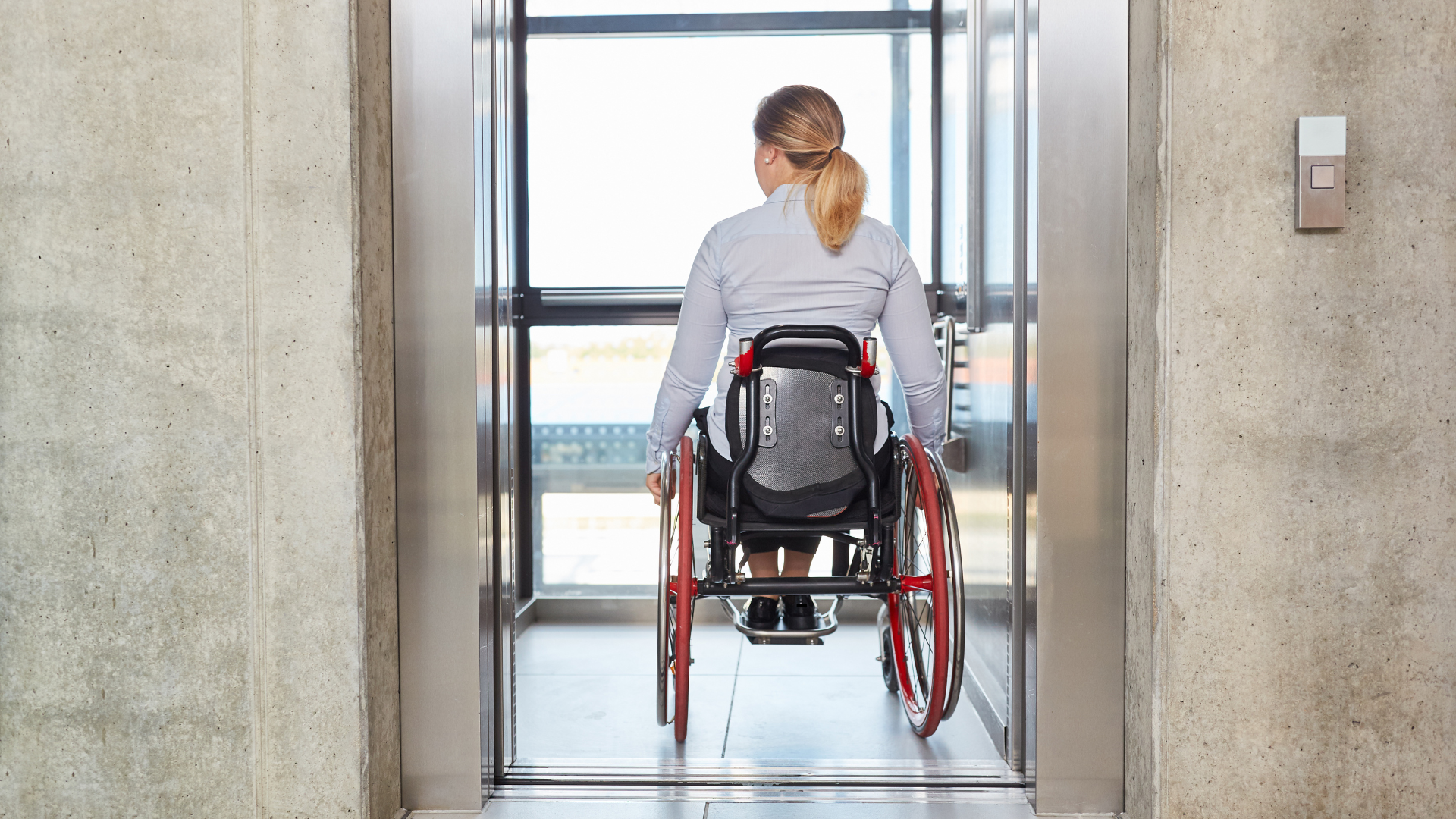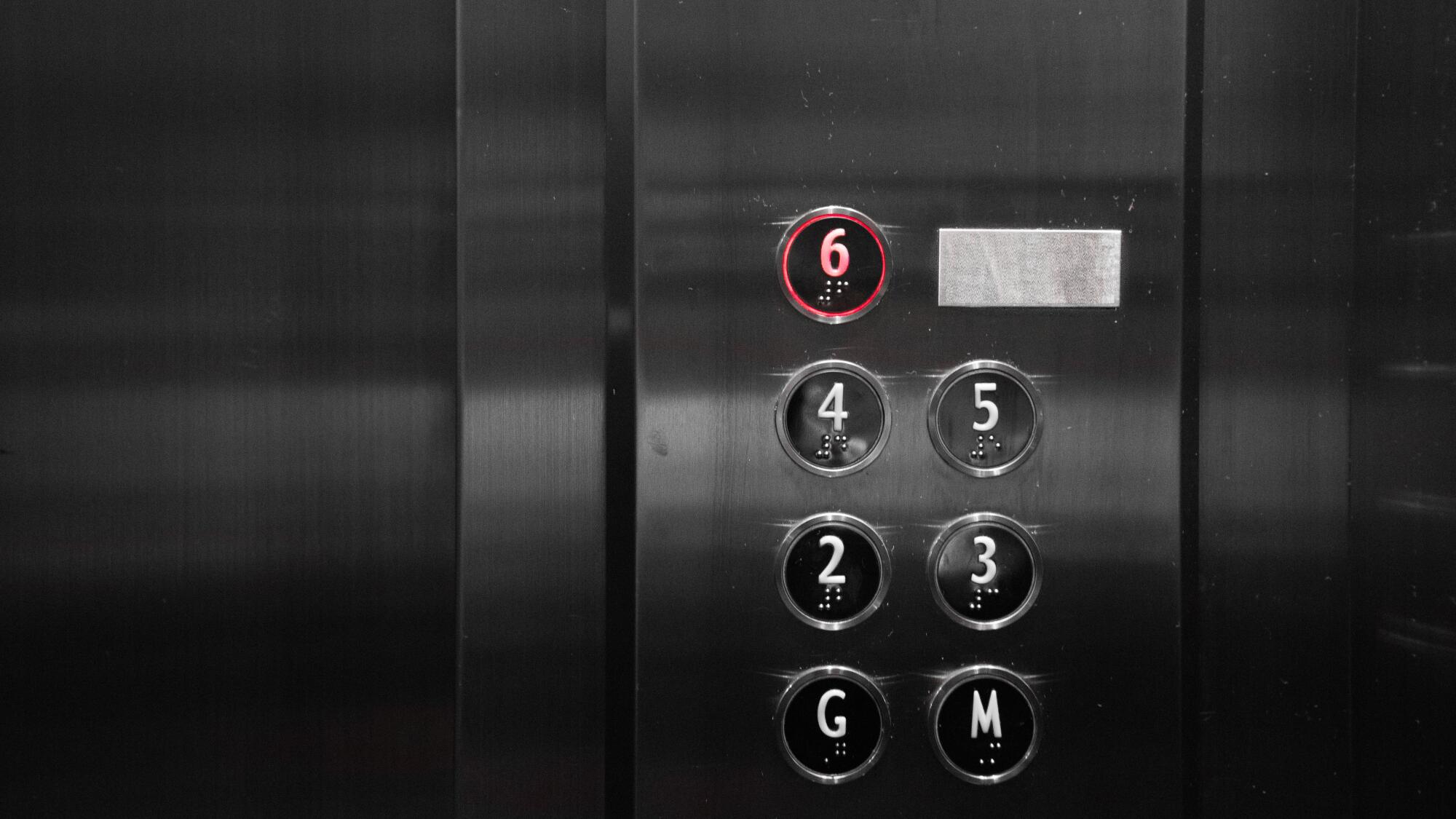Upgrading your space can be challenging. Metro Elevator, Inc. specializes in custom elevator solutions for commercial spaces. This article will guide you through enhancing your property with a unique elevator feature.
Keep reading to learn more!
Why Choose Custom Elevator Manufacturing Company
Choosing a custom elevator manufacturing company ensures innovative teams work on your project. You get superior products, unmatched support, and a strong commitment to safety.
Innovative team
Metro Elevator’s innovative team stands out with over 38 years of experience, ensuring top-notch service for commercial elevator systems. This group of experts brings local knowledge and skills to every project, making them leaders in custom elevator maintenance and repair.
They work closely with most elevator equipment brands, providing reliable solutions around the clock.
Our team’s mission is to push the boundaries of what’s possible in commercial elevator service, offering unmatched expertise and dedication.
Superior products and support
Moving from a team that thrives on innovation, our focus shifts to the exceptional products and support we offer. Our custom elevator installations are not just about moving people; they’re about reliability, aesthetics, and integrating technology for commercial properties.
We prioritize high-quality materials and advanced designs to ensure each elevator installation meets rigorous safety standards while offering superior performance.
Our support extends beyond the sale with comprehensive commercial elevator maintenance and repair services available 24/7. This dedication means property managers can have peace of mind knowing assistance is always a call away.
With local expertise and compatibility with various brands, we keep elevators running smoothly, efficiently, and safely—maximizing uptime for businesses.
Commitment to safety
Metro Elevator, Inc. places elevator safety at the forefront of all operations. With over 38 years of industry experience, we demonstrate an unrivaled commitment to ensuring every commercial custom elevator meets high safety standards.
Our team prioritizes this aspect in maintenance, repairs, and modernization solutions for various elevator equipment brands.
Our 24/7 service model emphasizes our dedication to safety, providing peace of mind to commercial property managers and facility managers alike. We integrate local expertise with a rigorous focus on safe designs and operational excellence in every project we undertake.
Next up: The Process of Designing a Custom Elevator
The Process of Designing a Custom Elevator
Designing a custom elevator starts with team collaboration and choosing top-quality materials. Experts then handle the installation, making every detail perfect for your space.
Collaborating with clients
Metro Elevator, Inc. works closely with commercial property and facility managers to create custom elevator solutions that meet their specific needs. The team listens carefully to client requirements and preferences, ensuring every project is a collaboration from start to finish.
This approach guarantees solutions that not only enhance the functionality of spaces but also align perfectly with clients’ visions.
The company’s dedication to customer satisfaction shines through its 24/7 service availability, providing commercial elevator repair and maintenance anytime it’s needed. Local expertise allows Metro Elevator to work efficiently across various brands, making them a reliable partner for maintaining and modernizing elevators in commercial settings.
Utilizing high-quality materials
High-quality materials are a cornerstone of Metro Elevator’s approach to custom elevator design. They select only the finest materials to ensure every elevator is safe, efficient, and long-lasting.
This dedication reflects their commitment to customer satisfaction and safety standards. Choosing quality over cost helps avoid future repairs and maintenance issues, making it a smart investment for any commercial property.
The use of durable materials extends the life of an elevator by years, reducing downtime and ensuring smooth operation day in and day out. This focus on quality materials goes hand-in-hand with expert installation practices next in line for discussion.
Quality is never an accident; it is always the result of intelligent effort. – John Ruskin
Expert installation
Expert installation sets the foundation for a successful custom elevator project. Metro Elevator’s team of skilled technicians brings over 38 years of experience to each task. They ensure every installation meets strict safety standards and works efficiently.
Their round-the-clock service means help is always available, making sure elevators run smoothly.
Skilled professionals handle the complex process from start to finish. They use top-grade materials and cutting-edge techniques for reliable results. This attention to detail guarantees that custom elevators not only look great but also operate perfectly in any commercial space.
Trust in their expertise for installations that stand the test of time.
Custom Elevator Interior Design
Custom Elevator Interior Design boosts any room with its high-quality craftsmanship and array of style choices. Explore more to see how it can transform your space.
Quality craftsmanship
Metro Elevator, Inc. is known for its quality craftsmanship in custom elevator interior design. They use only high-quality materials, ensuring every project meets their strict standards for beauty and durability.
Their team works closely with clients to create elevators that not only meet but exceed expectations.
Elevating spaces through attention to detail and unparalleled quality.
This focus on excellence transforms any commercial property. With over 38 years of experience, Metro Elevator combines tradition with innovation to deliver unique solutions that elevate both form and function in elevator design.
Elevating any space
Custom elevator installations bring a new dimension to any commercial space. They blend form with function, turning an ordinary transit area into a focal point of design and efficiency.
Craftsmanship shines in every detail, from sleek panels to elegant lighting, ensuring each ride is more than just movement between floors—it’s an experience. With Metro Elevator’s expertise, spaces transform into more accessible and visually appealing environments.
Choosing the right materials and designs can turn elevators into centerpieces of building interiors. Diverse design options cater to all tastes and architectural styles, making it simple for property managers to find the perfect match for their buildings’ aesthetics.
High-quality materials not only enhance durability but also elevate the overall look, reflecting an image of sophistication and care for occupants and visitors alike.
Wide range of design options
Metro Elevator, Inc. offers a wide variety of design options for custom elevator interior designs. These options cater to the specific needs and styles of commercial properties. The company works closely with clients to choose materials and designs that elevate any space, ensuring each installation is as unique as the property it serves.
The team at Metro Elevator, Inc. has the capability to work with most elevator equipment brands. This flexibility allows for diverse design choices, making sure every project stands out.
Property managers can select from an array of finishes and features that not only meet their aesthetic requirements but also comply with safety standards.
Elevator Modernization and Repair Services
Elevator modernization and repair services upgrade old elevators to meet current standards. These services bring life to projects once thought impossible.
Elevator maintenance and repair services
Metro Elevator, Inc. specializes in providing top-notch elevator maintenance and repair services. They offer 24/7 support to ensure elevators operate safely and efficiently. With over 38 years of experience, they handle all types of code upgrades and modernization projects.
Their team works quickly to fix any issues, keeping disruptions to a minimum for commercial properties.
They serve the Twin Cities’ seven-county metro area from their Hopkins, Minnesota base. Metro Elevator can work with most elevator equipment brands, making them a versatile choice for facility managers needing reliable service.
Their focus on customer satisfaction helps maintain smooth operations in commercial spaces.
Making “impossible” projects come to life.
Beyond regular elevator maintenance and repair, our team takes on challenges that seem impossible. We turn unique visions into reality. With over 38 years of experience, we excel at customizing elevators for any space, no matter how complex the requirements are.
Our experts work closely with commercial property managers to understand their needs and deliver solutions that exceed expectations.
Our approach combines innovation with practicality, ensuring every project is completed efficiently and safely. Whether it’s integrating an elevator in a historical building or designing one with an unconventional shape, we have the skills and technology to make it happen.
Trust us to tackle your most challenging projects with confidence and expertise.
Why Choose Us for Your Custom Elevator Needs with Metro Elevator
Metro Elevator stands out with over 38 years of expertise in custom elevator installations. Our team focuses on safety, efficiency, and customer satisfaction, ensuring your project succeeds.
With round-the-clock service, we’re ready to tackle any challenge at a moment’s notice.
Choosing us means partnering with a company that prioritizes innovative solutions for commercial property managers. We blend superior products and support with a unwavering commitment to safety.
Trust Metro Elevator to elevate your space with tailored elevator solutions that meet the unique needs of your facility. Contact us today!
